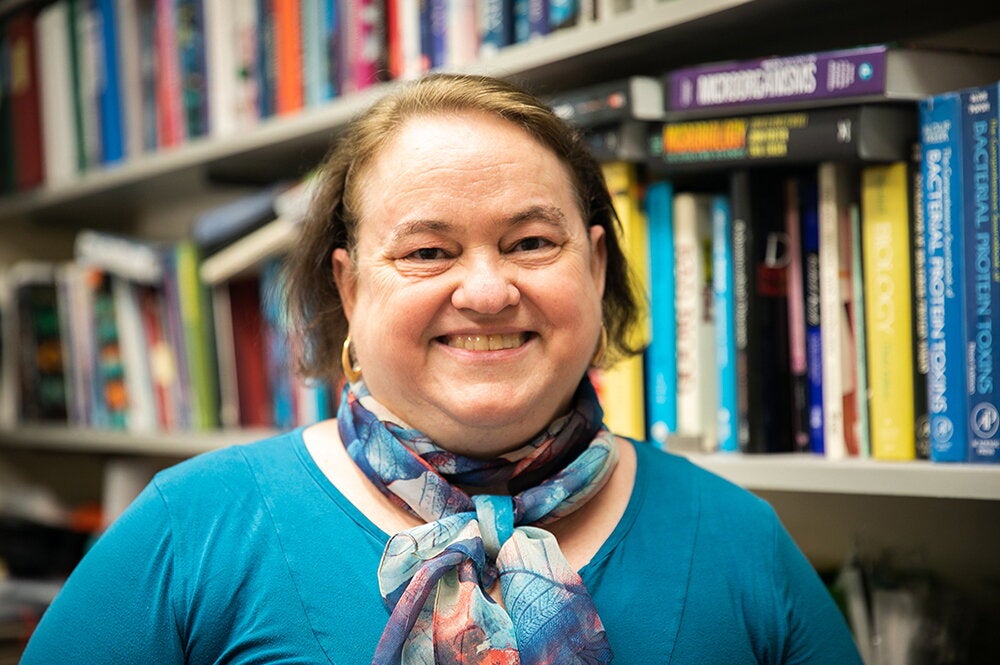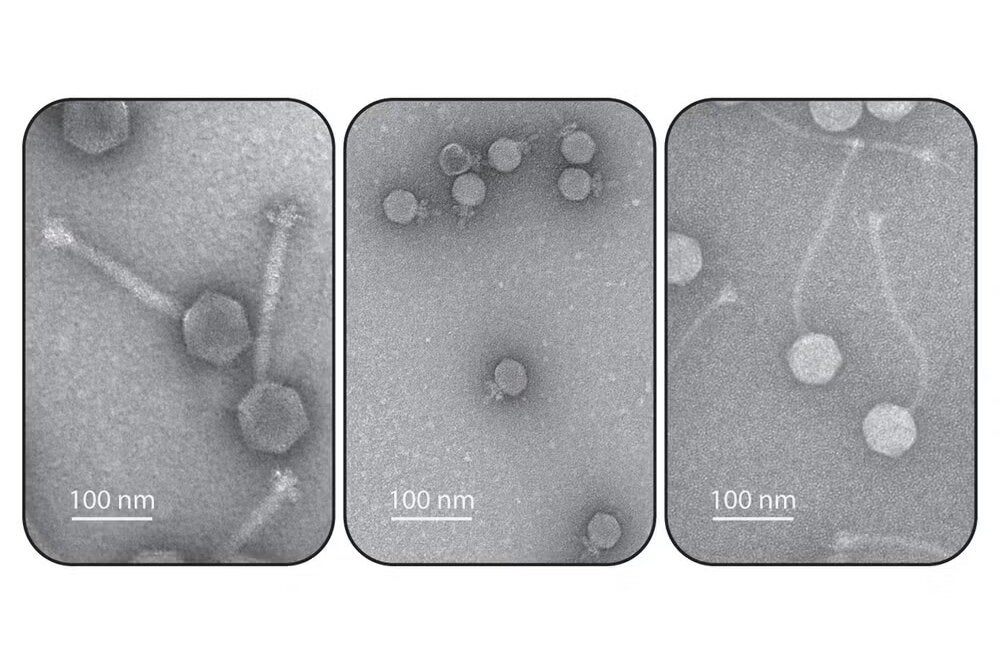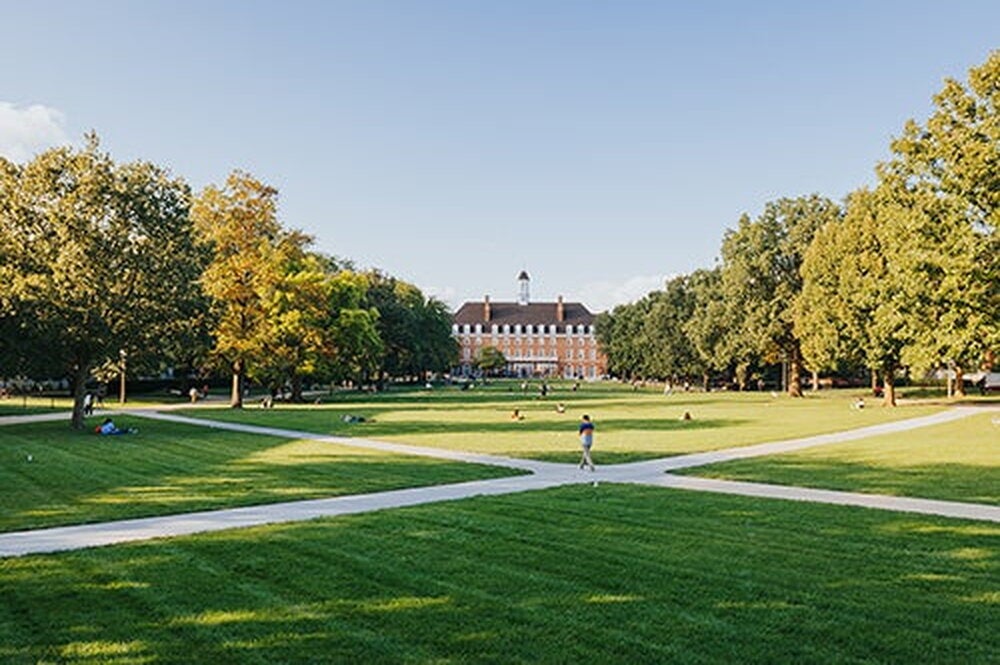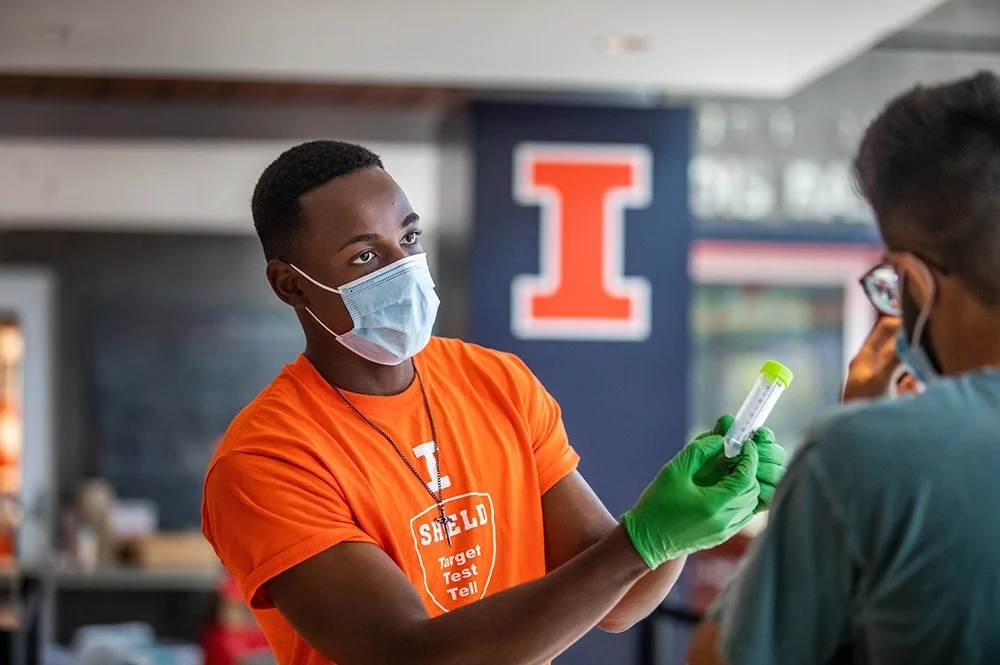
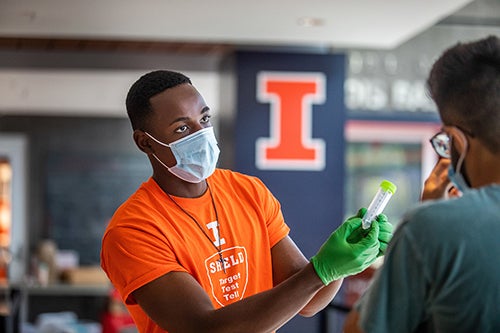
The University of Illinois Urbana-Champaign has received the inaugural Research Response to Community Crisis Award from the Association of Public and Land-grant Universities for its COVID-19 testing program.
The university’s SHIELD: Target, Test, Tell program combined a campus-developed saliva-based COVID-19 testing protocol with statistical modeling and a mobile app for rapid results reporting and contact tracing. Students and employees were tested multiple times per week to maintain campus building access.
The approach resulted in zero COVID-19-related deaths or hospitalizations among the campus community when in-person operations resumed in the fall of 2020 and prevented the spread of the virus to surrounding Champaign-Urbana residents.
The signature of the program is a low-cost, highly accurate saliva test that gives results within hours. Simpler and requiring fewer materials than the nasal swab test, the saliva test requires test subjects to deposit about one milliliter of saliva into a tube. The polymerase chain reaction (PCR) diagnostic test bypasses the need for ribonucleic acid (RNA) isolation and purification, a time-consuming process necessary for the swab test. The U of I was able to test thousands of people a day.
This test was developed by a group of scientists from the University of Illinois, including three faculty members in the College of LAS: Christopher Brooke, microbiology; Martin Burke, chemistry; and Paul Hergenrother,chemistry. Faculty members Timothy Fan and Leyi Wang also contributed from the College of Veterinary Medicine. Post-doctoral researchers Fadi Alnaji and Diana Rose Ranoa, laboratory technician Kelsie Green, and recent College of Veterinary Medicine alumna Robin Holland also contributed.
“We are so proud of our innovative faculty, staff and students who mobilized to create the comprehensive SHIELD platform and ecosystem in record time,” said Vice Chancellor for Research and Innovation Susan Martinis. “We are grateful for the APLU and our peer institutions who helped us think creatively about the resources, partners, and enormous intellectual capacity that we could harness in Champaign-Urbana to protect our campus and greater community.”
The APLU is a consortium of 244 public research universities, land-grant institutions, state university systems and affiliated organizations. It created the Research Response to Community Crisis Award “to recognize universities that have demonstrated flexibility and responsiveness by rapidly and effectively applying the university’s research expertise to meet community needs in a time of crisis,” according to a statement. The University of California, Davis, also received the award for its Healthy Davis Together campaign.
